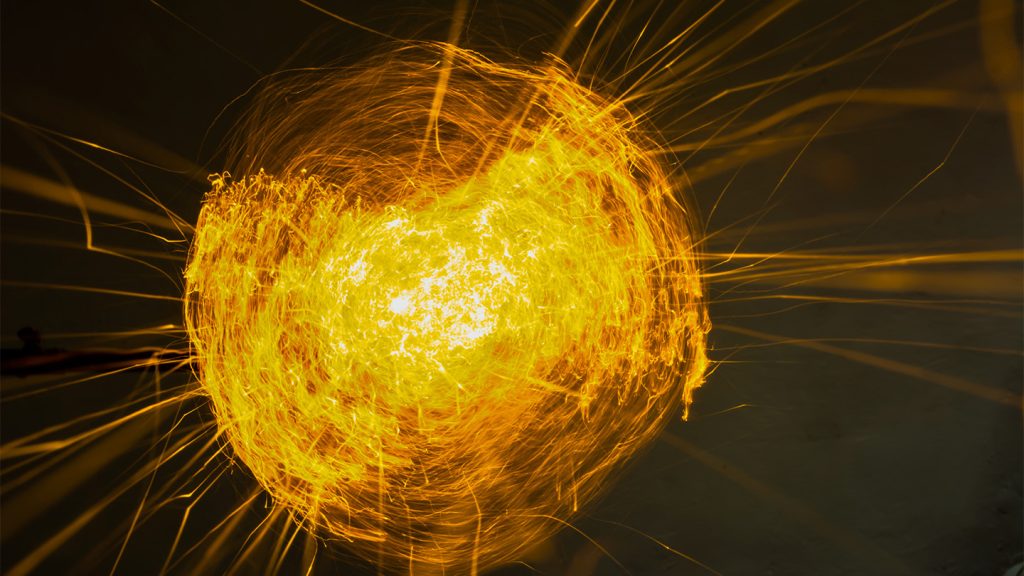While black holes are typically formed by matter, there is a theoretical idea that they can be formed from concentrated electromagnetic energy, called a kugelblitz. However, a recent study suggests that it is highly unlikely that kugelblitzes can be produced under any circumstances, either naturally or artificially. The concept of a kugelblitz has been popularized in science fiction and TV shows, exploring the idea of energy alone creating black holes.
According to general relativity, the curvature of spacetime by mass creates the phenomenon of gravity, leading to the formation of black holes when mass is concentrated in a small region. The equivalence between energy and mass suggests that energy can also curve spacetime, leading to the possibility of black holes forming without any matter at all. This idea poses interesting implications and has been explored in discussions about creating black holes through lasers and the potential use in advanced technologies.
The study points out that the formation of a kugelblitz would be prevented by quantum effects that occur when electromagnetic energy is intensely concentrated. In the extreme conditions required for a black hole to form from light, particle-antiparticle pairs would begin to materialize, taking energy away and preventing the required energy levels for black hole formation. The calculations show that significant intensities of light far beyond current capabilities are needed to even begin to consider forming a black hole in a lab.
The research indicates that the creation of kugelblitzes is unfeasible across a wide range of scales, ruling out the formation of black holes by light. While laboratory conditions may not be able to replicate the extreme circumstances needed for black hole formation, there’s a possibility that such phenomena could have occurred in the early universe during inflation. The rapid expansion of the universe and subsequent fluctuations in spacetime curvature could have allowed for the primordial black holes similar to the concept of a kugelblitz to exist.
In conclusion, despite the theoretical concept of black holes forming from energy alone, the study suggests that kugelblitzes are highly unlikely to occur. The quantum effects that prevent energy concentrations from reaching the necessary levels for black hole formation make the creation of kugelblitzes a challenging, if not impossible, task. While the idea remains intriguing for scientific exploration and science fiction, the reality of forming black holes from pure light seems to be out of reach with current technology and understanding of physics.


